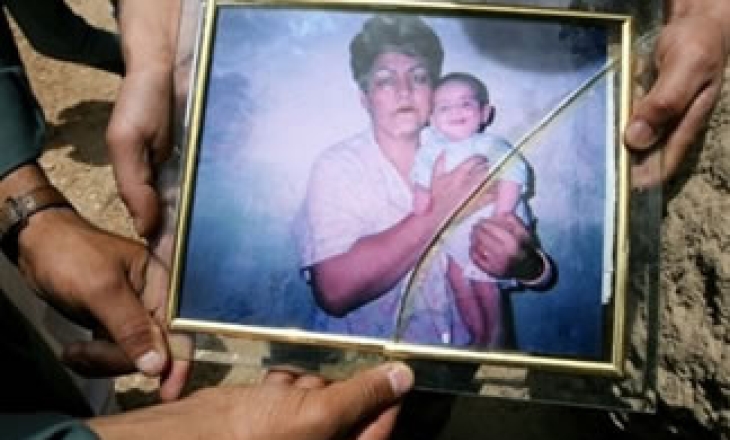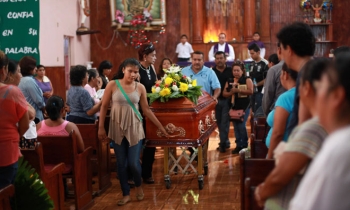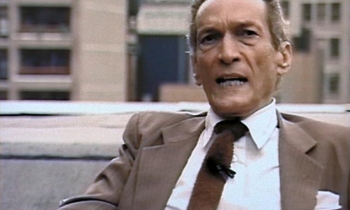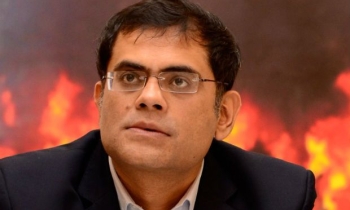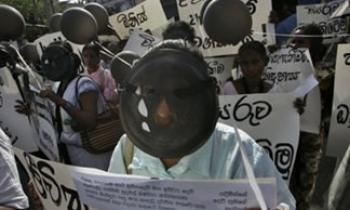A year after the gruesome muder of Zakia Zaki, the director Sada-e-Solh (Peace Radio), her killers remain unpunished.
Her husband says there has been no progress in the official investigation, probably because of pressure from those who ordered her murder. Zaki was shot in her home in Jabalussaraj, in the northern Afghanistan province of Parwan, in the early hours of June 6, 2007.
“Today we pay tribute to an outstanding woman who was one of the symbols of the renaissance of independent media in Afghanistan,” a statement by Paris-based Reporters sans Frontières (RSF) said. “We support her family’s efforts to keep her memory alive and to demand justice.”
RSF said, “The impunity in this case is outrageous and has paved the way for a new wave of violence against women journalists. Fifteen Afghan women journalists have been attacked, threatened or reduced to silence since her murder. We call for an immediate reaction from the Afghan government.”
Zaki’s family, including her husband, Abdul Alah Ranjbar, were today due to inaugurate a culture centre bearing her name in Jabalussaraj in the presence of Afghan and foreign officials. “It is what she wanted and she had begun the work before she was killed,” Ranjbar said. “It was up to me and my family to keep her memory alive. I think that since her murder, women journalists have been afraid and the impunity has helped to scare her colleagues.”
Najiba Ayubi, the head of the TKG press group, took the same view. “The failure to complete the investigation into Zakia Zaki’s death has been the source of a great deal of despair among journalists, especially women journalists,” she said. “Without hope for the future, our lives are marked by fear.”
Another woman journalist, Farida Nekzad of the Pajhwok news agency, agreed that journalists had been marked by the murder of Zaki, who was her friend. “When someone is killed and no one is brought to trial and nothing is done to stop the threats and violence, it can happen all over again.”
Six suspects were initially arrested after Zaki’s murder but they were released. The security forces have not conducted any serious investigation.
Her family and colleagues say those who ordered her murder have sufficient influence to ensure that the investigation goes nowhere. The promises made by the interior minister after her murder have not been kept. The authorities had blamed the Taliban but some of Zaki’s relatives and friends thinks local warlords were responsible.
The murder was carried out by at least two men who entered her home and shot her seven times in the presence of her two-year-old son. Zaki, who was also a school principal, like to say that her radio station was “a home for the community’s residents, the only place where they dare to speak freely.” She and her staff had often been threatened by local warlords.
The latest woman journalist to be physically attacked because of her work is Niloufar Habibi, a presenter on Herat TV, a local public television station. Habibi has just been given temporary refuge by the Doha Centre for Media Freedom.
“I finally feel I am in a safe place and out of danger,” Habibi said on arriving in Doha. “But I fear for the journalists I work with. Attacks on freedom of expression are on the increase in Afghanistan, especially against women journalists.”

